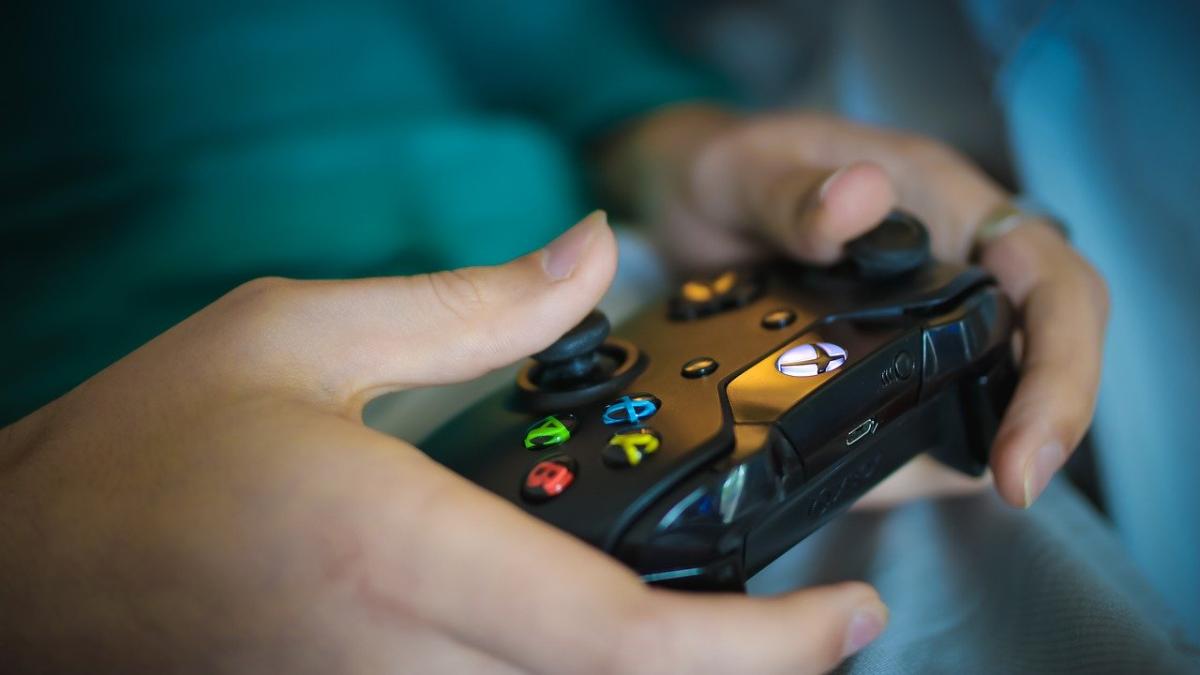In recent years, the world of gaming has undergone a remarkable transformation. No longer confined to mere entertainment, games have emerged as a potent tool shaping cognitive abilities and problem-solving skills. The immersive nature of gaming experiences has sparked considerable interest and debate, particularly concerning their influence on critical thinking, decision-making, and problem-solving. So, let’s delve into this fascinating realm and explore the profound impact of siap88 gaming on honing problem-solving abilities.
Gaming as a Cognitive Workout
Contrary to the traditional perception of gaming as a mindless pastime, modern games often demand complex strategies and quick decision-making. Whether navigating through intricate puzzles, devising tactics to overcome challenges, or adapting to dynamic environments, games engage players in a constant mental workout. This engagement acts as a catalyst for the development of problem-solving skills.
Strategic Thinking and Decision Making
Games, especially those in genres like strategy, role-playing, or puzzles, require players to strategize and make decisions under pressure. From managing resources effectively to devising long-term plans, players are constantly challenged to think critically and anticipate consequences. These skills, honed within the gaming environment, often transcend into real-life scenarios, empowering individuals to approach problems with a strategic mindset.
Adaptability and Resilience
One of the most significant benefits of gaming is its ability to cultivate adaptability and resilience in problem-solving. Games frequently present unforeseen obstacles, forcing players to adapt their strategies on the fly. This iterative process of trial and error instills a willingness to experiment, learn from failures, and persist until a solution is found—a valuable lesson applicable to real-world challenges.
Collaboration and Teamwork
Multiplayer gaming experiences encourage collaboration and teamwork, fostering social interactions and cooperative problem-solving. Players often rely on effective communication, coordination, and division of tasks to achieve common goals. This not only enhances their problem-solving capabilities within the game but also translates into improved teamwork skills in professional and personal settings.
The Neurological Impact
Research in neuroscience has also highlighted the positive effects of gaming on brain functions related to problem-solving. Studies suggest that certain types of gaming can stimulate the areas of the brain associated with spatial navigation, memory formation, and strategic planning, thereby enhancing cognitive flexibility and problem-solving abilities.
Real-Life Applications
The skills acquired through gaming are not confined within the virtual realm. Numerous success stories attest to individuals leveraging their gaming-honed problem-solving skills in various professions. From software development to engineering, the ability to approach challenges creatively and analytically finds practical application in diverse fields.
Balancing Act: Moderation is Key
While acknowledging the benefits, it’s crucial to maintain a balanced approach to gaming. Excessive screen time can have adverse effects on health and cognitive development. Therefore, encouraging a healthy balance between gaming and other activities is essential to reap the positive aspects while mitigating potential drawbacks.
The impact of gaming on problem-solving skills is undeniably profound. Through engaging gameplay, strategic thinking, adaptability, and collaborative experiences, gaming serves as a catalyst for honing crucial cognitive abilities. Embracing the positive aspects of gaming while exercising moderation can harness its potential to cultivate sharper problem-solving minds, shaping individuals equipped to tackle the challenges of an increasingly complex world.
As gaming continues to evolve, its potential to shape and enhance problem-solving skills remains a fascinating frontier, one that offers promising avenues for personal and cognitive development.
